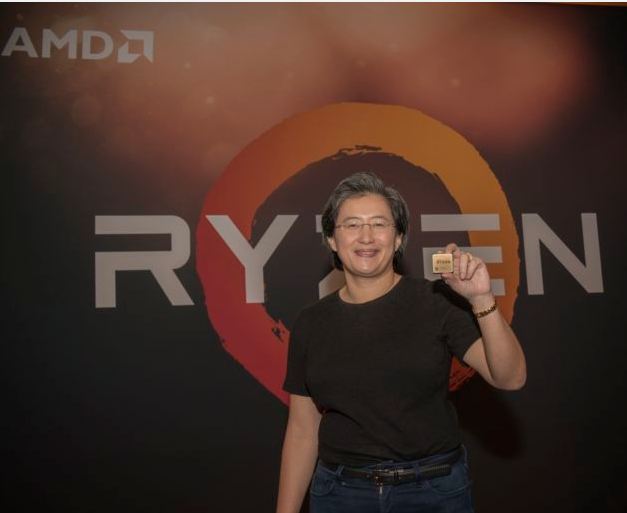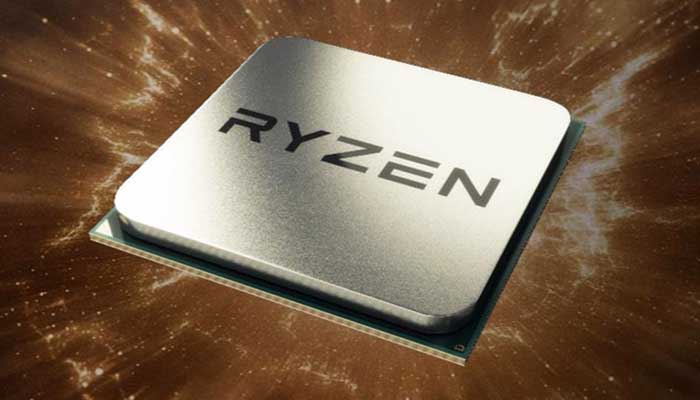If there’s one thing that chip manufacturing companies will be really excited about – it’s the high yield. Yield of a chip, in simple terms, is the number of good, completely functional dies that are produced per wafer. A single silicon wafer comprises of many dies, which eventually become the core functional chip that’s being manufactured. Smaller the die area of the chip, larger the chips per wafer. Most semiconductor companies look forward to reducing the area of the chip so as to have as many chips as possible on a single wafer. But not all chips manufactured will be functional – there will inevitably be manufacturing defects. The lesser the defects, the better. And AMD Ryzen chips are lucky when it comes to this department. Read on!

AMD Ryzen yields above 80% – Average Selling Price to go down?
Yield has a direct impact on the pricing of a chip. Yields above 80% are usually regarded as exceptional and excellent, but not unexpected. Fabrication processes and technologies have advanced to such an extent today that the manufacturing defects that creep in have significantly reduced. And AMD Ryzen chips are manufactured using the already mature and established 14nm process. So the high yields – over 80% – come as no surprise for AMD.
AMD can now consider reducing the Average Selling Price (ASP) of some of its flagship products, including Naples. Large MCM processors like Naples and EPYC are likely to be priced much lower than expected, owing to high yields. Going by AMD’s history, the company will in all probability reduce the ASP of its products, since doing so will let AMD gain a strategic pricing advantage over competing Intel chips.

Considering that AMD can start to sell Naples SKUs at a very low ASP, Dropbox has already shown interest in Naples. Akhil Gupta, Vice President of Infrastructure at Dropbox, told that Dropbox is presently evaluating AMD EPYC CPUs in-house and that the company is quite impressed with the performance.
“Dropbox is currently evaluating AMD EPYC CPUs in-house, and we are impressed with the initial performance we see across workloads in single-socket configurations. The combination of core performance, memory bandwidth, and I/O support make EPYC a unique offering. We look forward to continuing to evaluate EPYC as an option for our infrastructure”.
Don’t forget to check: Top 10 Best RTS (Real Time Strategy) Games – 2017
